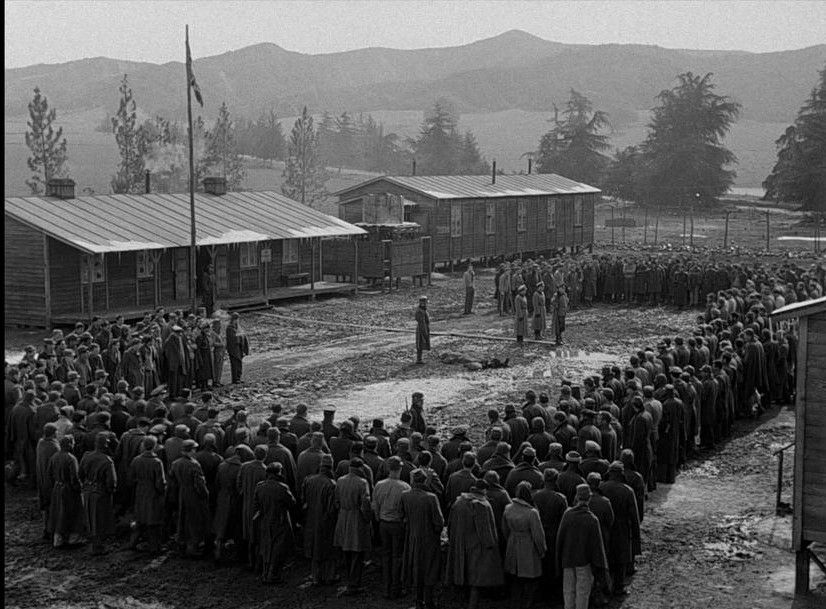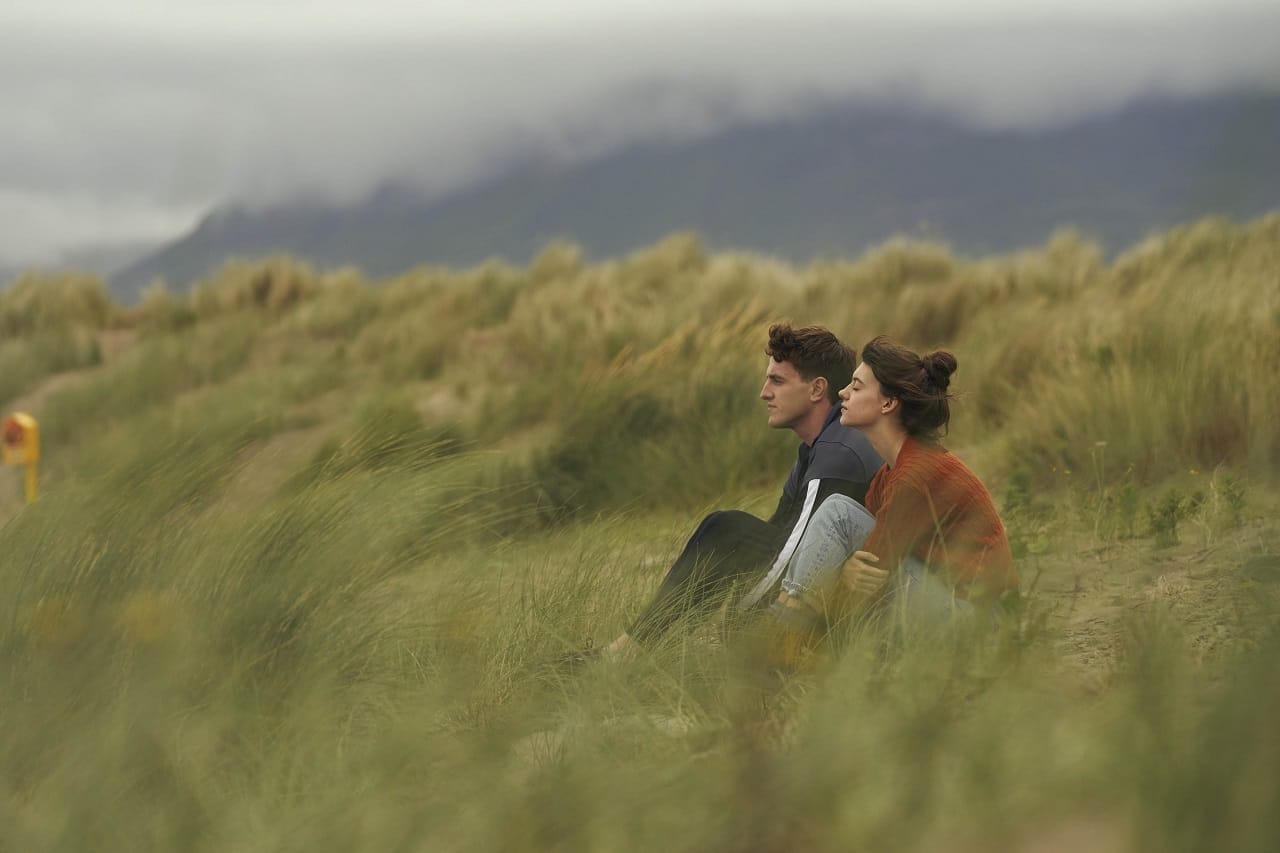By Calvin Law, MA Law
An unfortunate side effect from a filmmaker being acclaimed, successful, or iconic in a historical context can be that some of their lesser known or less universally popular work can fall under the radar. Here’s five works from directors pre-1960 that really shone as displays of their talent and rank among their finest works.
Brief Encounter (1947) dir. David Lean
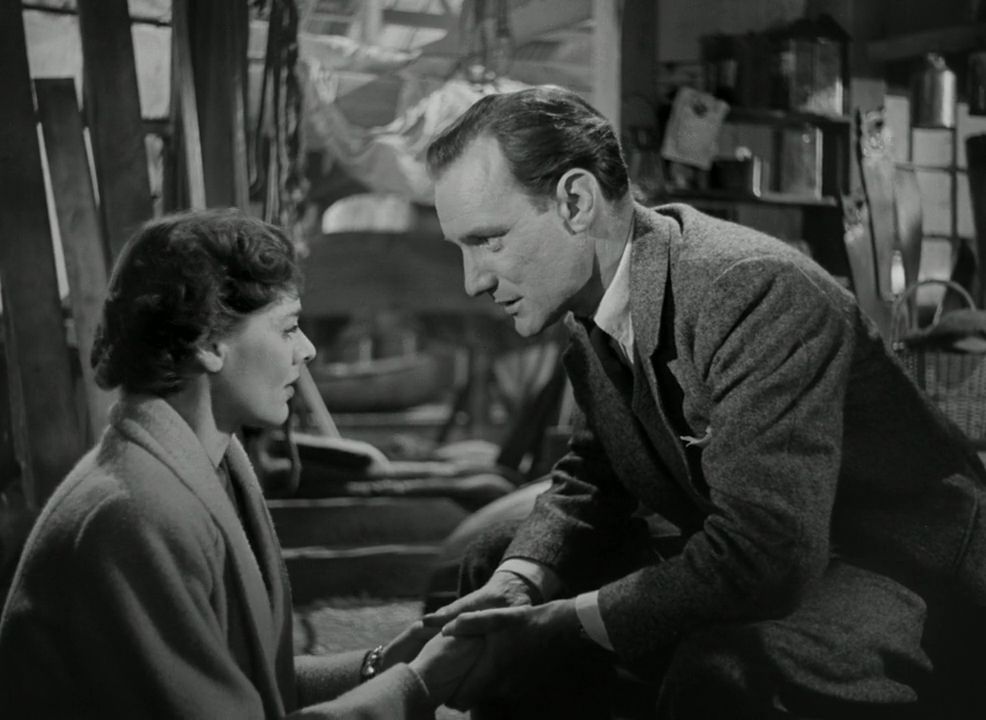
Before embarking on acclaimed epics such as Bridge on the River Kwai (1957), Lawrence of Arabia (1962) and Doctor Zhivago (1965), David Lean made his name with a string of more low-key British productions 1940s, where the height was perhaps his work on Brief Encounter. The extramarital affair between middle-class housewife Laura Jesson (Celia Johnson) and Dr Alec Harvey (Trevor Howard) is an incredible piece of filmmaking focused on a very simple storyline.
| History on film: To what extent can we understand the past from cinema?
The astonishing black and white cinematography by Robert Krasker and use of Rachmaninoff in the score makes for a transfixing, sensorily immersive experience, and emotionally resonant through the POV of Laura’s experience, brought to life by the screenplay and Celia Johnson’s remarkable performance which is so powerful both in its repressed internalisation and bursts of expressiveness.
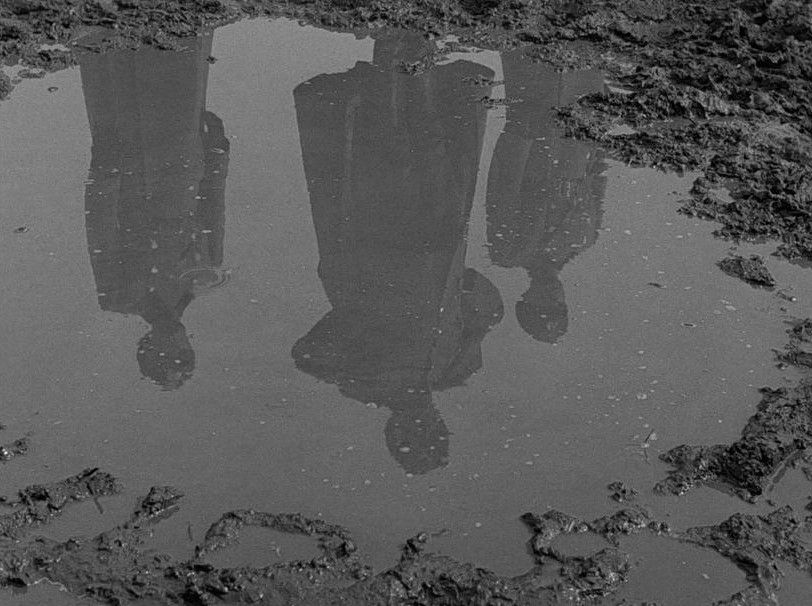
Stalag 17 (1953) dir. Billy Wilder
One of America’s biggest film stars in the 50s, William Holden won his one and only Oscar for his leading turn here as a cynical opportunist prisoner in a POW camp who finds himself embroiled in a conspiracy among the American prisoners on suspicion of a German role among their ranks. Billy Wilder made some of the most acclaimed Hollywood classics, but this is rarely mentioned along the likes of Double Indemnity (1944), Sunset Boulevard (1950), Some Like it Hot (1959) and The Apartment (1960).
The astonishing black and white cinematography and score makes for a transfixing, sensorily immersive experience
It really should be considered a classic as it hits both the comedic and dramatic heights of his finest work, managing to make the unique enclosed world of the American POWs hilarious, heart-rending, and bringing such a strong tension to the proceedings which culminates in an atypical finale that ranks among Wilder’s best scenes, and led wonderfully by Holden utilising all the best aspects of his star persona.
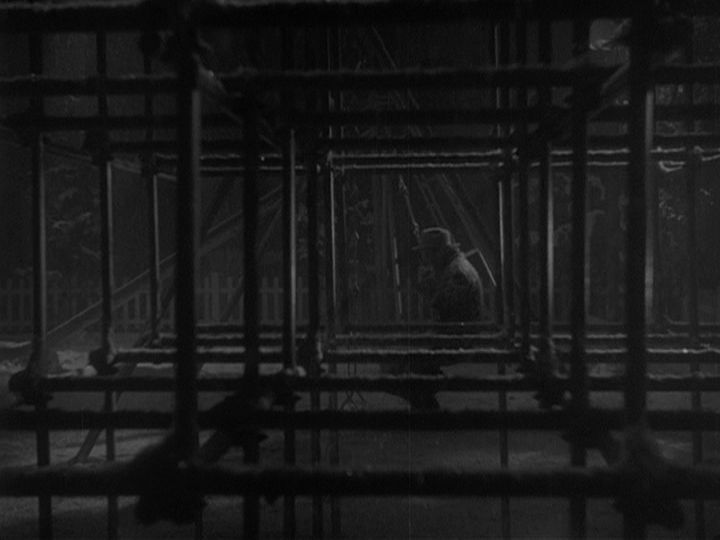
Ikiru (1952) dir. Akira Kurosawa
Only Kurosawa could make the story of the hollow shell of a lifeless bureaucrat dying from cancer somehow inspiring - but Ikiru is not your typical character study. It plunges into the deepest, darkest pits of the fears regarding mortality and a life wasted through the incredible performance of Takashi Shimura, whose Mr Watanabe embarks on a difficult journey of self-discovery to find some meaning in his tepid existence.
| Why French films still have that je ne sais quoi
It is a cynical yet never dispassionate film that embraces the tragic and uses it to tell an inspirational tale of a broken man who repairs himself piece by piece, and finds a beauty in essentially the little things in life. A small-scale story brought to life by Kurosawa and Shimura with such dignity and sensitivity, that deserves so much more attention internationally than it’s gotten for its portrait of the human spirit with all its strengths and faults.
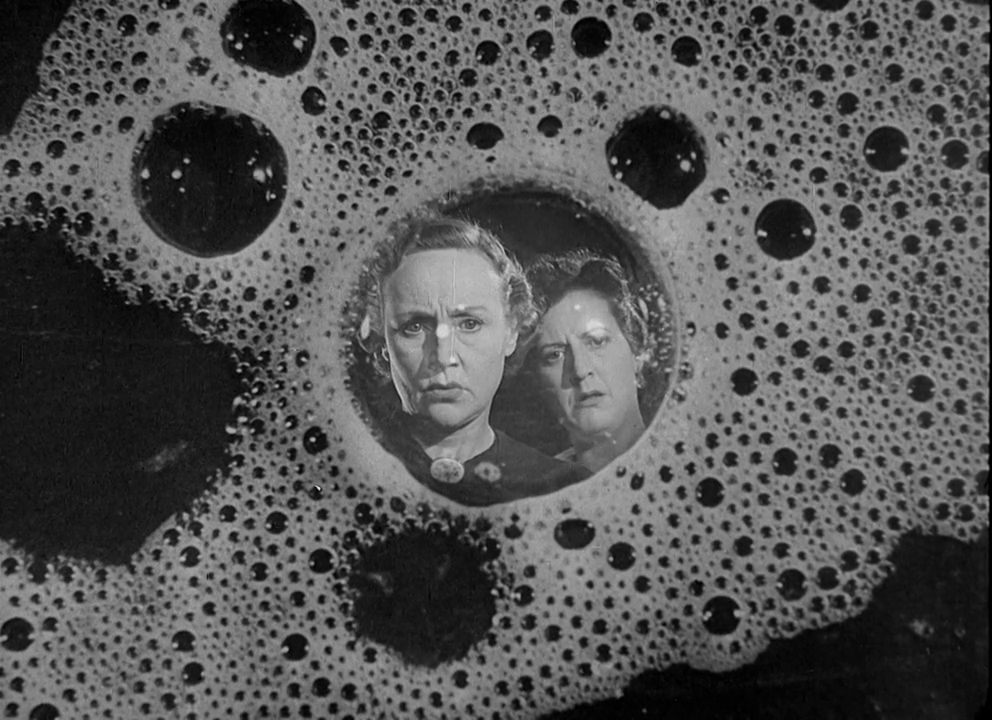
Odd Man Out (1947) dir. Carol Reed
One could argue that Reed’s masterpiece, The Third Man (1949) deserves even more love and acclaim than it already has, but the same is even more true with so much of his filmography which has unfortunately been largely overlooked. A very young James Mason features as IRA gunman Johnny McQueen, who goes on the run after being wounded in a bungled bank robbery.
[The film] deserves so much more attention internationally than it’s gotten for its portrait of the human spirit with all its strengths and faults
What unfolds is a thrilling, moody and unabashedly expressionist masterclass in creating tension, through the depiction of our protagonist’s physical and mental turmoil, and how it affects the townspeople. It’s never just a tale of a man on the run as it has such richness to its narrative in using the basic plot outline as a way to explore the many facets of the tight knit Irish community at its centre.
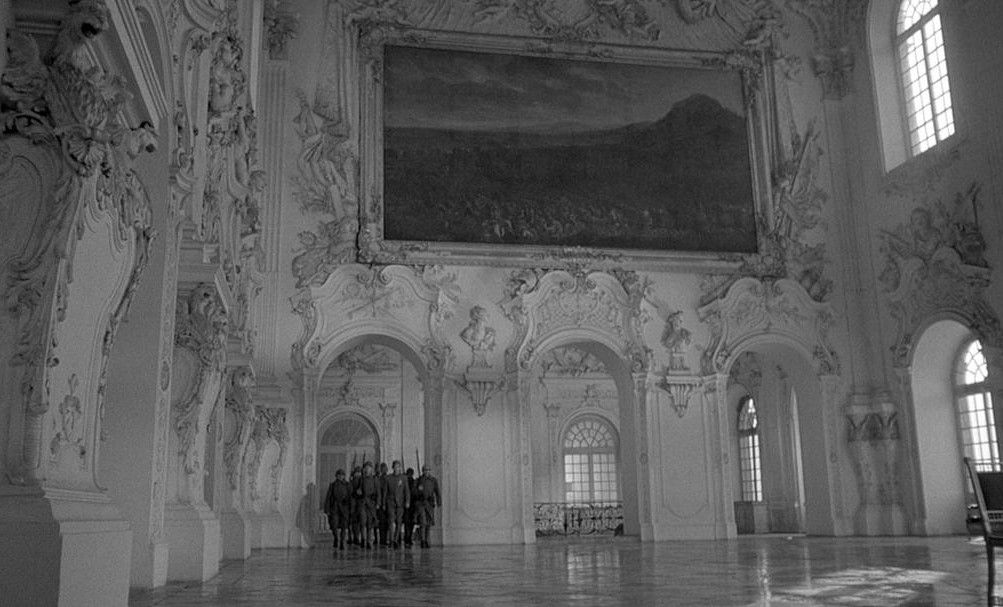
Paths of Glory (1957) Stanley Kubrick
What might be Kubrick’s finest hour actually, in that it consists of everything he is known and praised for as a director as well as exemplifying strengths in his direction that are often overlooked. It is a technical masterpiece in terms of its depiction of trench warfare, where the way the camera moves through the front itself is so far ahead of its time and paints such an unforgettable portrait of war through a suicidal attack by French soldiers.
| Fifties feminism, flirtiness, and fame in Breakfast at Tiffany’s
What takes it a step further is how much heart it has in the character of Colonel Dax, the late great Kirk Douglas, as he defends his soldiers from accusations of cowardice, as it transforms from a terrifying examination of war to an equally horrifying depiction of military bureaucracy through a court-martial trial. It is Kubrick on top form as a director both at the height of his creative powers, but also showing a strangely humane side to him which was often overshadowed by his cold calculating persona.
Featured: IMDb / Paramount Pictures
Which must-see films do you think missed their spot on this list?

